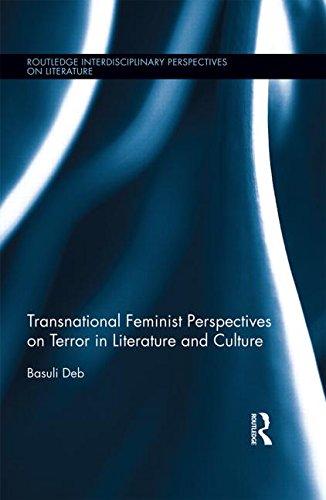

Most ebook files are in PDF format, so you can easily read them using various software such as Foxit Reader or directly on the Google Chrome browser.
Some ebook files are released by publishers in other formats such as .awz, .mobi, .epub, .fb2, etc. You may need to install specific software to read these formats on mobile/PC, such as Calibre.
Please read the tutorial at this link: https://ebookbell.com/faq
We offer FREE conversion to the popular formats you request; however, this may take some time. Therefore, right after payment, please email us, and we will try to provide the service as quickly as possible.
For some exceptional file formats or broken links (if any), please refrain from opening any disputes. Instead, email us first, and we will try to assist within a maximum of 6 hours.
EbookBell Team

4.7
36 reviewsThis book offers a transnational feminist response to the gender politics of torture and terror from the viewpoint of populations of color who have come to be associated with acts of terror. Using the War on Terror in Afghanistan and Iraq, this book revisits other such racialized wars in Palestine, Guatemala, India, Algeria, and South Africa. It draws widely on postcolonial literature, photography, films, music, interdisciplinary arts, media/new media, and activism, joining the larger conversation about human rights by addressing the problem of a pervasive public misunderstanding of terrorism conditioned by a foreign and domestic policy perspective. Deb provides an alternative understanding of terrorism as revolutionary dissent against injustice through a postcolonial/transnational lens. The volume brings counter-terror narratives into dialogue with ideologies of gender, race, ethnicity, nationality, class, and religion, addressing the situation of women as both perpetrators and targets of torture, and the possibilities of a dialogue between feminist and queer politics to confront securitized regimes of torture. This book explores the relationship in which social and cultural texts stand with respect to legacies of colonialism and neo-imperialism in a world of transnational feminist solidarities against postcolonial wars on terror.